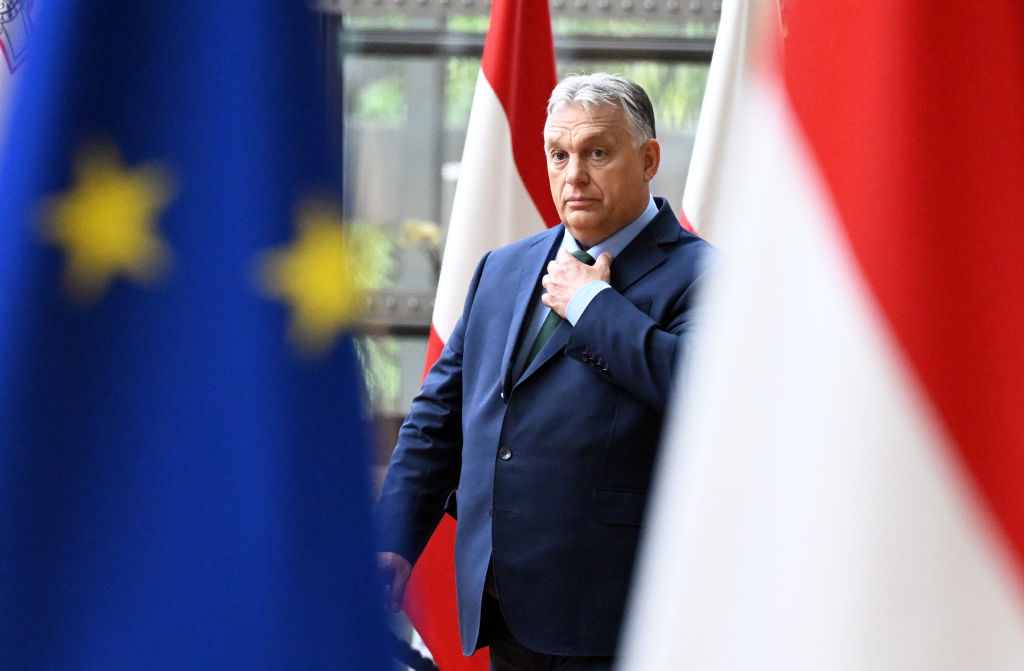BUDAPEST — Hungarian Prime Minister Viktor Orbán was in Kyiv on Tuesday for talks with Ukrainian President Volodymyr Zelensky, his first visit to the country since Russia’s full-scale invasion in February 2022.
Orbán’s press chief confirmed to Hungarian news agency MTI that the Prime Minister had arrived in the Ukrainian capital in the morning for the talks. Bertalan Havasi said the main topic of the rare meeting will be the opportunity for building peace as Ukraine fights off Russia’s invasion.
[time-brightcove not-tgx=”true”]
Read More: Inside Andriy Yermak’s Quest for Peace in Ukraine
This visit comes the day after Hungary took over the six-month rotating presidency of the European Union, a position that has little real power but can be used to set the tone of the bloc’s agenda. Hungarian officials have indicated that they will act as “honest brokers” in the role despite worries from some E.U. lawmakers that Hungary’s democratic track record makes it unfit to lead the bloc.
Orbán, known as Russian President Vladimir Putin’s closest E.U. ally, has long been accused by his European partners of dismantling democratic institutions at home and acting as an obstinate spoiler of key E.U. policy priorities.
Read More: The E.U. Is United Against Russia—With One Notable Exception
The bloc has frozen more than $20 billion in funding to Budapest over alleged rule-of-law and corruption violations, and Orbán has conducted numerous anti-E.U. communications campaigns depicting it as an overcentralized, repressive organization.
He has also routinely blocked, delayed or watered down E.U. efforts to extend assistance to Kyiv and to sanction Moscow over its war, frustrating both Zelensky other E.U. leaders. Orbán has long accused Kyiv of mistreating an ethnic Hungarian minority in Ukraine’s western region of Zakarpattia.
Orbán’s visit also comes as he seeks to recruit members into a new nationalist alliance that he hopes will soon become the largest right-wing group in the European Parliament. On Sunday, Orbán met in Vienna with the leaders of Austria’s far-right Freedom Party and the main Czech opposition party, announcing the formation of the new group, “Patriots for Europe.”
The trio would need to attract lawmakers from at least four more E.U. countries to successfully form a group in Europe’s new parliament, which held elections in June. Right-wing nationalist parties across Europe strengthened their position in the elections, but ideological differences over the war in Ukraine and cooperation with Russia have often prevented deeper cooperation among some of the parties.

